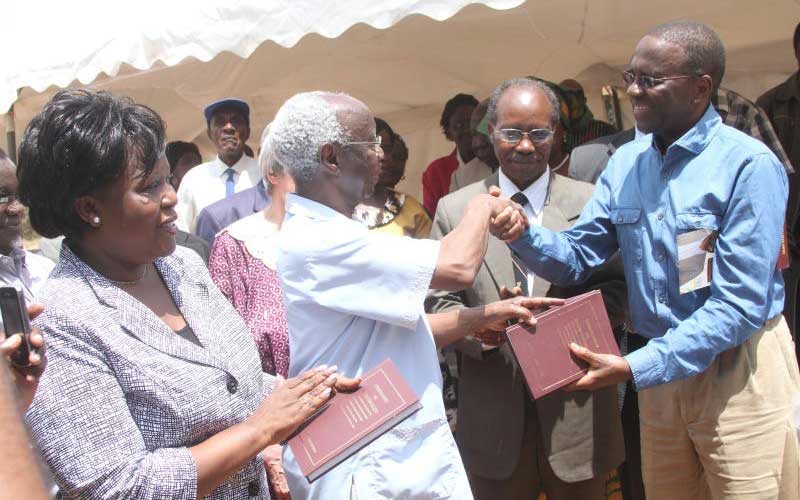×
The Standard e-Paper
Join Thousands Daily

“One person cannot embrace the Baobab tree.”
These words have come to be associated with Canon Prof John Samuel Mbiti, a renowned theologian, philosopher, author, teacher and pastor, when he called on the world to embrace African cultural heritage in theological processes, while maintaining the Bible as the guide and indispensable tool of theological reflection and articulation.